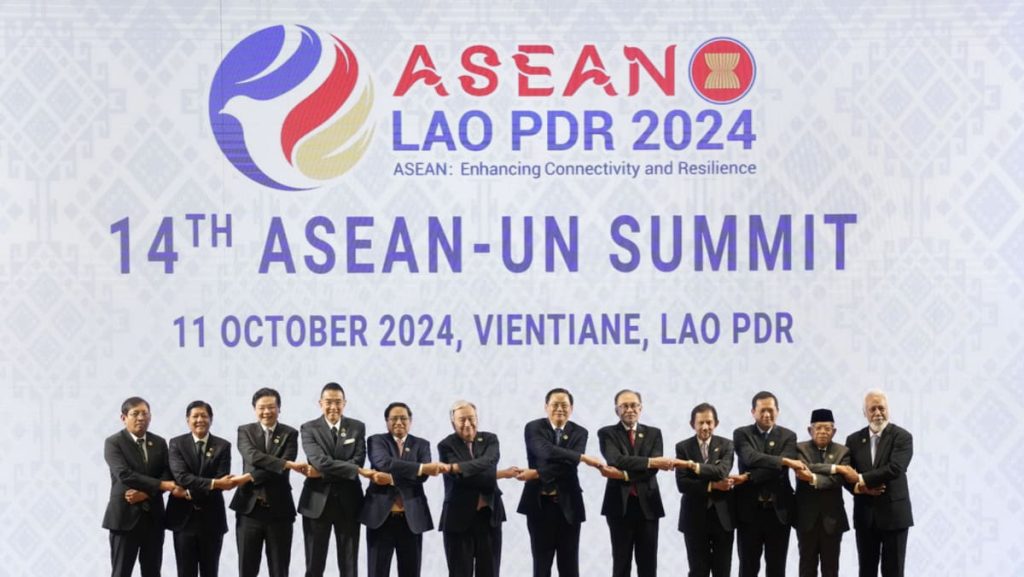Ms Sharon Seah, a senior fellow at the ISEAS-Yusof Ishak Institute’s ASEAN Studies Centre, emphasized that Southeast Asia is no longer a battleground for external powers and that ASEAN has a track record of how and when it wants to engage with external partners through diplomatic, political, and economic cooperation. Despite regional security issues, ASEAN and China have deepened economic ties through an upgrade of their free trade agreement, with leaders expecting to conclude negotiations on the ASEAN-China Free Trade Area (ACFTA) next year. The economic benefits derived from this partnership have discouraged many ASEAN members from pushing back on Beijing’s actions in the South China Sea.
While Southeast Asia is well positioned to benefit economically from geopolitical rivalry between major powers, the region must tread carefully to avoid becoming a potential flashpoint, especially in areas like the South China Sea. Despite having to hedge its strategy between rival groups, Southeast Asia’s enhanced trade relations with China are allowing the region to serve as an alternative source of exports amid efforts to “de-risk” supply chains from China. This integration of trade benefits Southeast Asia, China, and the advanced economies, representing a win-win-win situation for all parties involved.
On the issue of the Myanmar conflict, ASEAN leaders condemned the military government’s peace efforts as “substantially inadequate” and urged all sides to halt violence and attacks on civilians. The bloc demanded that the junta implement the Five-Point Consensus peace plan, although ASEAN’s principle of non-interference and consensus-based decision-making limit its ability to play a forceful role in resolving the crisis. With Malaysia set to assume the ASEAN Chairmanship, there are high expectations for the country to address the ongoing civil war in Myanmar and uphold regional security concerns.
As Laos passed the symbolic gavel to Malaysia to take over as the next ASEAN Chair, analysts anticipate a more assertive role under Malaysian Prime Minister Anwar Ibrahim’s leadership. Anwar’s experience in international affairs is expected to bring a forceful approach to addressing contentious issues within the bloc, potentially leading to a more assertive stance on foreign policy concerns. Malaysia’s priorities as the next ASEAN Chair include strengthening unity within the bloc, balancing the economic relationship with China, addressing security concerns in the South China Sea, and accelerating economic integration through various agreements and a post-2025 vision for ASEAN.
In conclusion, Southeast Asia is no longer a battleground for external powers, and ASEAN has a track record of engaging with external partners through various forms of cooperation. The deepening economic ties between ASEAN and China have resulted in significant benefits for both parties, despite concerns over regional security issues. The ongoing Myanmar conflict presents challenges for ASEAN due to the bloc’s principles of non-interference and consensus-based decision-making, which limit their ability to influence the junta’s actions. With Malaysia set to assume the ASEAN Chairmanship, there are high expectations for the country to take a more assertive approach in addressing regional issues and maintaining unity within the bloc.


